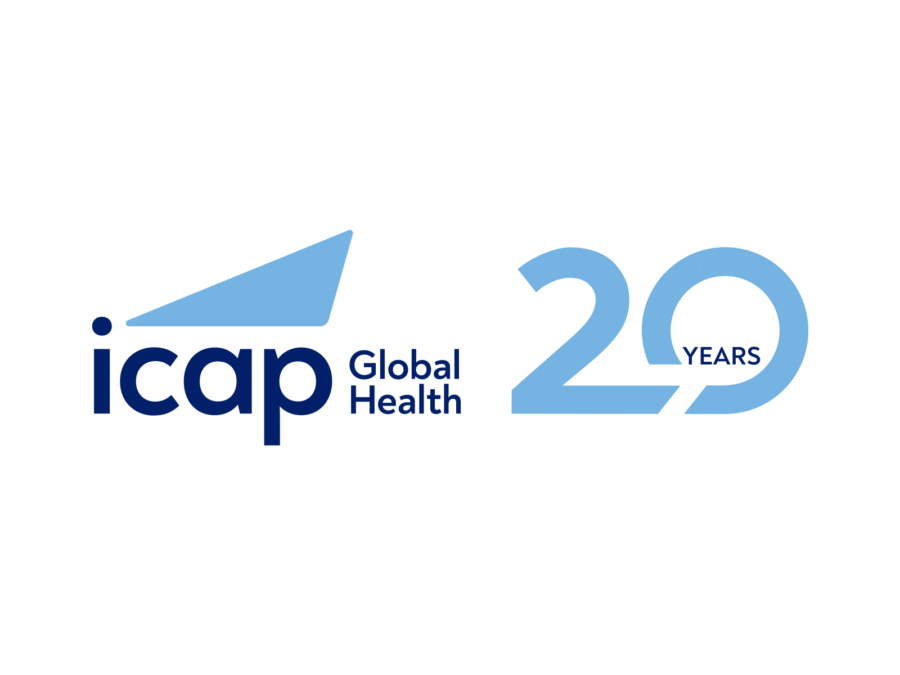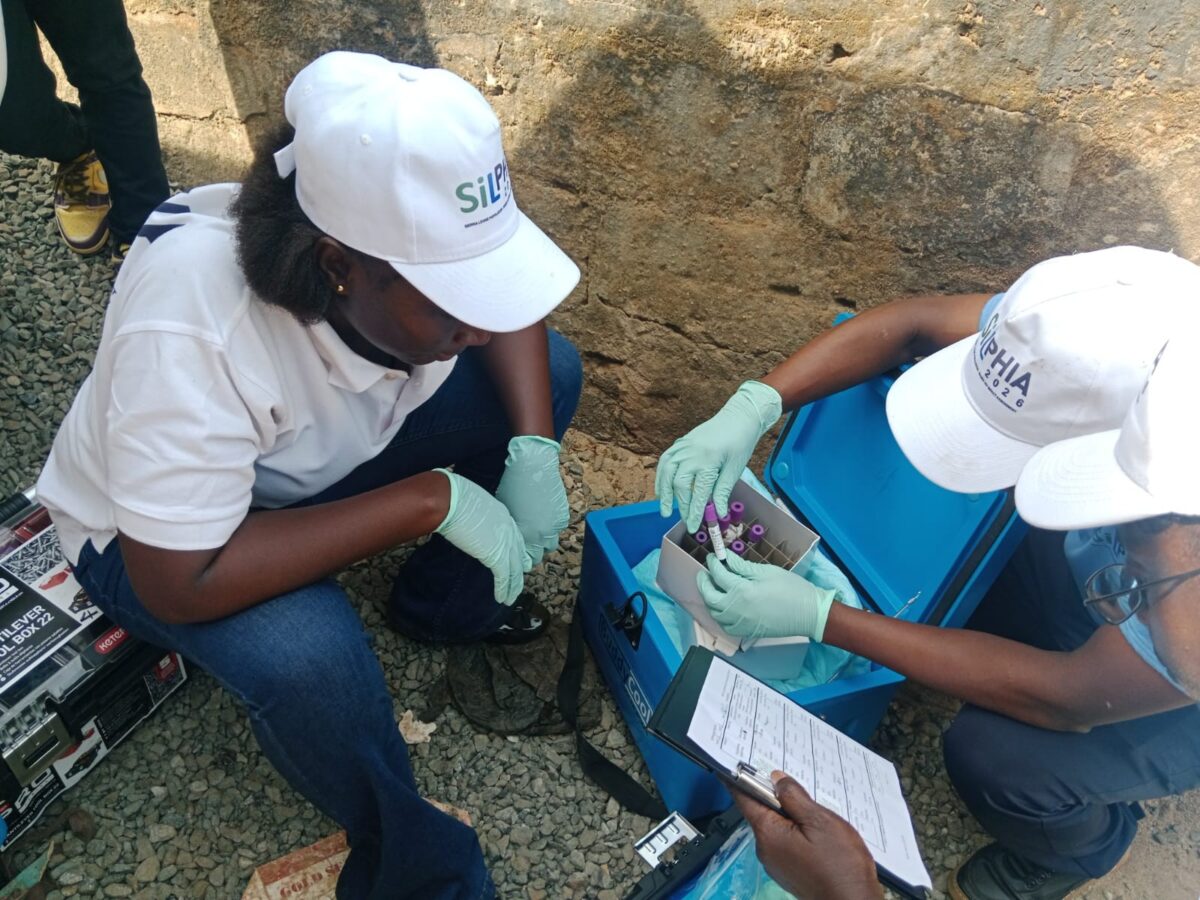Initial findings from ICAP’s multi-year study in Lesotho on HIV treatment initiation and retention in patients with HIV and TB were released at a dissemination meeting in Berea District, coinciding with the country’s World TB Day activities. In attendance were partners from the Ministry of Health (MOH), Berea District Health Management Team, and nurses and village health workers from study sites participating in the START (Start TB Patients on ART and Retain on Treatment) Study.
Over the past four years, with funding from PEPFAR through USAID, ICAP has collaborated with Lesotho’s Ministry of Health to conduct the START study, a cluster-randomized implementation science study designed to improve treatment for patients with both HIV and TB. In Lesotho, which has one of the most severe dual epidemics of TB and HIV, an estimated 72 percent of TB patients are co-infected with HIV.
Despite compelling scientific evidence and a recommendation by the World Health Organization, implementing HIV and tuberculosis treatment for co-infected patients has been slow to take place on-the-ground, resulting in delayed ART initiation among co-infected patients. As a result, TB remains the leading cause of death among people living with HIV. When the study began in 2012, only half of TB/HIV patients in Lesotho had initiated antiretroviral therapy (ART).
Addressing this “know-do” gap, the difference between knowing the appropriate treatment and making it happen, was the goal of START, and early results suggest success can be achieved by supporting patients and health workers through interventions meant to address barriers to early ART initiation and retention. Study investigators have been testing a combination intervention package, against the standard package of care, that includes: training and mentoring nurses and village health care workers, providing education and psychosocial support for patients, and extensive follow-up, including home visits, phone calls, SMS text messages, and reimbursement for travel expenses.
Patients enrolled in the START intervention appear more likely to initiate ART, and initiated sooner than the patients in the control arm of the study. In addition, TB treatment success was higher among patients in the START intervention arm.
Lead village health workers were instrumental in making sure patients were paired with a community-based village health worker who provided adherence support between clinic visits, providing education through the use of flipcharts, and offering monthly counseling.
“We were able to demonstrate the importance of enhanced intervention and counseling tools,” said Dr. Andrea Howard director of the Clinical and Training Unit at ICAP. “This study allowed us to see that we can positively impact treatment results by shifting the approach to TB/HIV counseling and creating a community where patients and their loved ones are actively engaged in the care process.”
Echoing Dr. Howard’s sentiments were Dr. Llang Bridget Maama, Lesotho’s National TB Programme manager at the MOH.
“START provided clear evidence that Lesotho needs to invest more in SMS to initiate HIVco-infected TB patients and retain them under care through regular reminders and follow-ups.” The National TB Programme has endorsed job aids as well as the SMS strategy evaluated during the START Study. “Our health system needs to strengthen the village health workers system and provide suitable enablers to enhance their performance,” she added.
The START study provides an early indication that barriers to care may be addressed through training and mentorship, decreasing costs of care for patients, and taking measures to ensure effective linkages and communication between facility- and community-based providers to enhance patient adherence. These lessons have the potential to shape the future of TB and HIV care in Lesotho.
To learn more about the START study, read the end of project brief here.








